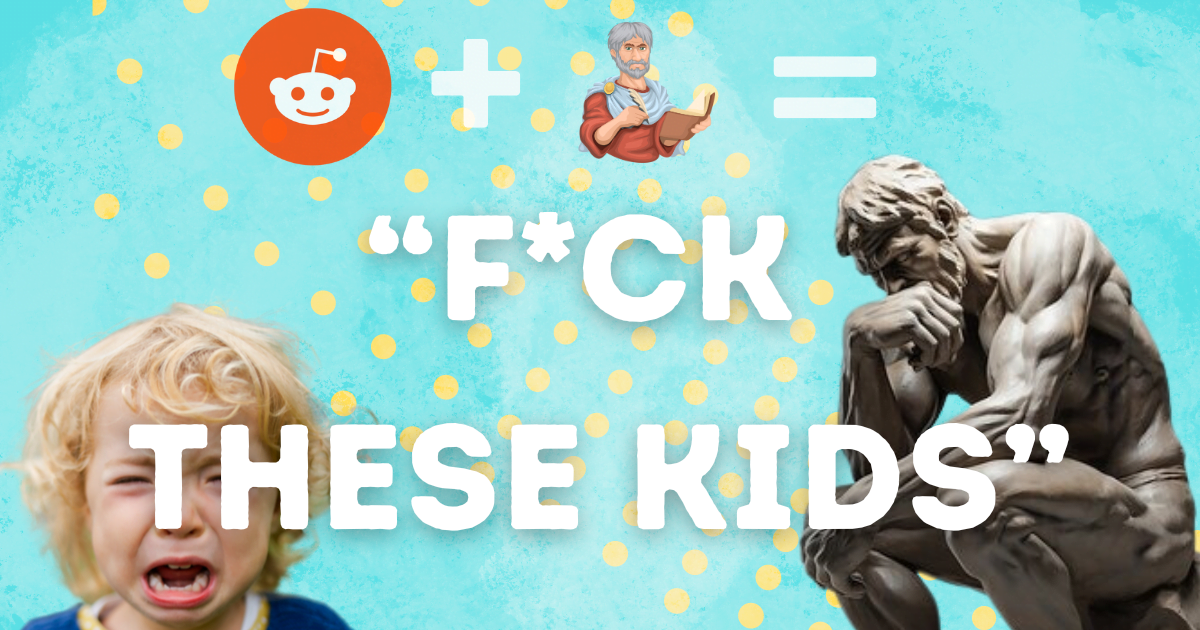In today’s society, the decision to have children is increasingly seen as a personal choice rather than an obligation. However, many people still face stigma for opting out of parenthood. To understand the current sentiment, we analyzed over 1,000 responses on Reddit that answered the question, “How many kids do you want?” The responses were overwhelmingly:
ZERO
The decision not to have children has become increasingly common for a variety of reasons in 2024. Some of the key factors include:
- Economic Concerns: The cost of raising a child, including education, healthcare, and general living expenses, has risen significantly. Many people feel financially insecure and doubt their ability to provide a stable environment for children.
- Career Focus: A growing number of individuals and couples are prioritizing their careers. They often feel that having children could hinder their professional advancement and personal goals.
- Personal Freedom: Some people value their personal freedom and the ability to pursue hobbies, travel, and other interests without the responsibilities that come with parenting.
- Environmental Concerns: Awareness of climate change and environmental degradation has led some to reconsider having children due to concerns about the future of the planet and the resources needed to sustain a growing population.
- Social and Cultural Shifts: Societal norms and values are changing. There is less pressure to conform to traditional family structures, and being child-free is becoming more socially acceptable.
- Housing and Living Conditions: In many urban areas, the cost of housing is prohibitively high, making it difficult for young people to afford suitable living conditions for raising a family.
- Health and Well-being: Mental health awareness has increased, and some people choose not to have children to avoid the stress and potential mental health impacts of parenting.
- Relationship Dynamics: People are marrying later or choosing not to marry at all, which can delay or negate the decision to have children. The dynamics of modern relationships, including cohabitation and less traditional partnership structures, also influence this choice.
- Access to Contraception and Family Planning: Improved access to contraception and family planning resources allows people to make more informed choices about if and when to have children.
- Personal Experiences and Beliefs: Individual experiences, such as having had a challenging childhood or witnessing the difficulties of friends and family raising children, can influence the decision. Personal beliefs about life purpose and fulfillment also play a role.
These factors, individually or in combination, contribute to the increasing number of people choosing not to have children in 2024.
Challenging Societal Norms
Despite the growing acceptance of being child-free, posts like “If you don’t have kids, then you aren’t a real man,” along with various generic philosophical quotes, indicate that societal pressure remains. But what did ancient and modern philosophers actually think about having children?
Ancient Philosophers on Procreation
Socrates and Plato
Both Socrates and Plato discussed the role of family and procreation within the context of an ideal society. For Plato, procreation was important, but he believed it was the community’s responsibility to ensure the proper upbringing of children, emphasizing the collective over the individual family unit.
Aristotle
Aristotle had a more traditional view of family and procreation. He emphasized the importance of the family unit and saw procreation as a natural and essential part of human life. Aristotle believed that raising children was crucial for the continuation of the household and the state.
Epicurus
Epicurus had a more cautious view of procreation. He believed that the pursuit of happiness and the avoidance of pain were the primary goals of life. Given the potential difficulties and sufferings associated with raising children, he suggested that one should carefully consider whether having children would contribute to one’s overall happiness. Notably, Epicurus himself did not marry or have children.
The Stoics
The Stoics believed that having children was a natural human function and that raising children could be an opportunity to practice virtue and fulfill social duties. However, they also emphasized the importance of accepting whatever life brings with equanimity, including whether or not one has children.
Confucius
Confucius saw having children as a fundamental aspect of filial piety, a key virtue in Confucianism. He believed that procreation was essential for continuing the family line and honoring one’s ancestors. For Confucius, having children was not just a personal choice but a moral obligation within the family and society.
Modern Philosophers on Procreation
Friedrich Nietzsche
Nietzsche had a more complex view on the subject. He saw procreation as part of the will to power, an expression of the human drive to create and shape the future. However, he also valued the individual’s choice and personal destiny, suggesting that one should consider the implications and responsibilities of parenthood carefully.
Jean-Paul Sartre
As an existentialist, Sartre emphasized individual freedom and choice. He believed that decisions, including the choice to have children, should be made authentically and reflect one’s personal values and circumstances. Sartre did not prescribe a particular stance on having children but stressed the importance of conscious decision-making.
Peter Singer
Peter Singer, a contemporary utilitarian philosopher, has written about the ethical considerations of bringing children into the world. He emphasizes the importance of considering the potential quality of life of future children and the impact on global resources. Singer has argued that in some circumstances, choosing not to have children can be an ethically responsible decision.
Emphasizing Individual Choice
Throughout history, many philosophers have agreed that having children should be a conscious and carefully planned decision. They placed emphasis on individual choice and the careful consideration of personal, ethical, and societal implications.
In conclusion, societal pressures and stigmas around not wanting children still exist. The philosophical perspective supports the right to make this deeply personal decision. It’s okay for people not to want children, and respecting individual choice is crucial in a diverse and evolving society.





